The global halal food market has witnessed exponential growth in recent years, driven not only by the dietary requirements of the world's 1.9 billion Muslims but also by increasing demand from non-Muslim consumers who associate halal certification with hygiene, ethical sourcing, and food safety. This surge has transformed halal certification from a religious compliance measure into a rigorous quality assurance system with international commercial significance.
Halal certification involves far more than the absence of pork or alcohol in food products. The process scrutinizes every stage of production - from farm to fork - ensuring adherence to Islamic Sharia law. This includes humane animal slaughter methods, prohibition of blood and carnivorous animals, and strict separation from non-halal production lines. Certification bodies employ food scientists, auditors, and Islamic scholars to maintain these standards, creating a unique intersection of faith and food science.
The certification process typically begins with a comprehensive application where manufacturers disclose all ingredients, production methods, and supply chain details. Auditors then conduct surprise inspections of facilities, examining equipment cleaning procedures, storage protocols, and even employee hygiene practices. Many certifiers now use blockchain technology to track halal compliance throughout complex global supply chains, providing unprecedented transparency for consumers.
Regional differences in halal standards have emerged as a significant challenge in international trade. While Southeast Asian nations generally enforce the strictest interpretations, Middle Eastern and Western countries often adopt more flexible approaches. This disparity has led to trade disputes, such as Malaysia's rejection of Brazilian halal chicken over slaughter method disagreements. The Organization of Islamic Cooperation has attempted to harmonize standards through the SMIIC (Standards and Metrology Institute for Islamic Countries), but full standardization remains elusive.
Economic implications of halal certification extend beyond Muslim-majority markets. In Europe and North America, halal products frequently command premium pricing, with certification serving as a competitive differentiator. Major supermarket chains now dedicate halal sections, while food service providers like airlines and hotels seek certification to accommodate diverse clientele. The UK's halal food sector alone generates over £1 billion annually, demonstrating the commercial viability of religious dietary certification in secular markets.
Controversies surrounding halal certification have emerged in several Western countries, where some political groups frame mandatory halal practices as incompatible with secular values. France has seen particular debate over halal slaughter methods, with animal rights activists and nationalist politicians forming unlikely alliances against religious exemptions to conventional stunning requirements. Meanwhile, Muslim consumer advocates argue such opposition reflects cultural insensitivity toward minority religious practices.
The future of halal certification appears poised for technological transformation. Singapore's Islamic Religious Council has pioneered digital halal certificates with QR codes for instant verification, while Indonesian startups are developing AI systems to detect non-halal ingredients in food products. As plant-based meat alternatives gain popularity, certification bodies face new questions about whether lab-grown proteins can be considered halal - debates that underscore the dynamic relationship between ancient dietary laws and modern food technology.
For food producers, obtaining halal certification requires significant investment but opens doors to lucrative markets. The process typically takes three to six months and costs between $2,000-$20,000 depending on operation size and complexity. Many companies find the rigorous auditing improves their overall quality control systems, providing unexpected operational benefits beyond market access. As global halal trade is projected to reach $2.8 trillion by 2025, certification has become not just a religious observance, but a strategic business imperative.
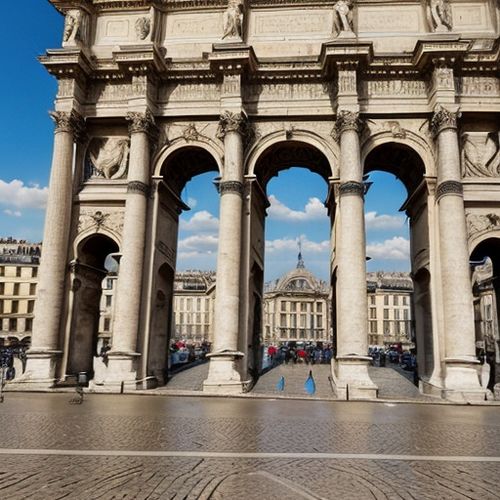
By Laura Wilson/Apr 14, 2025
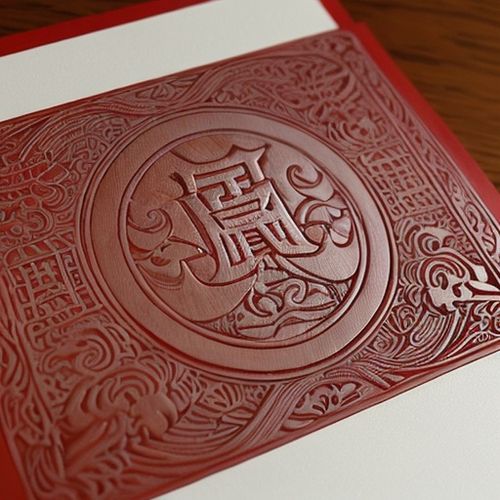
By Joshua Howard/Apr 14, 2025
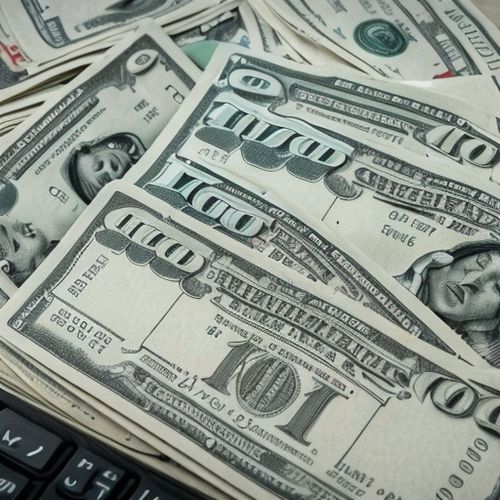
By John Smith/Apr 14, 2025
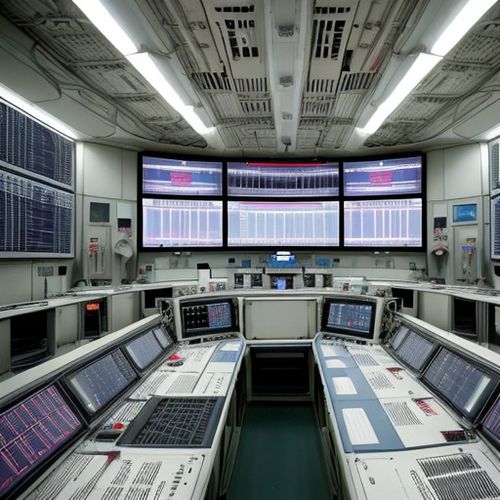
By George Bailey/Apr 14, 2025
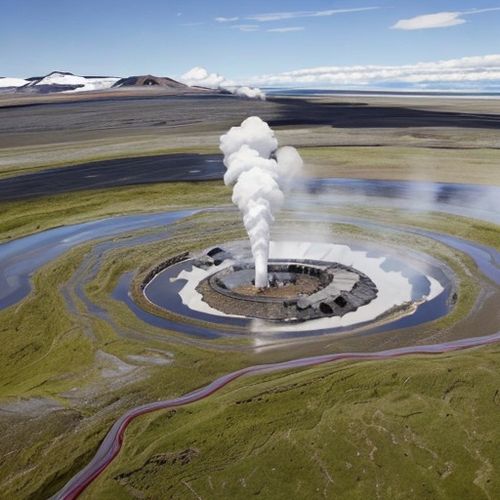
By Thomas Roberts/Apr 14, 2025
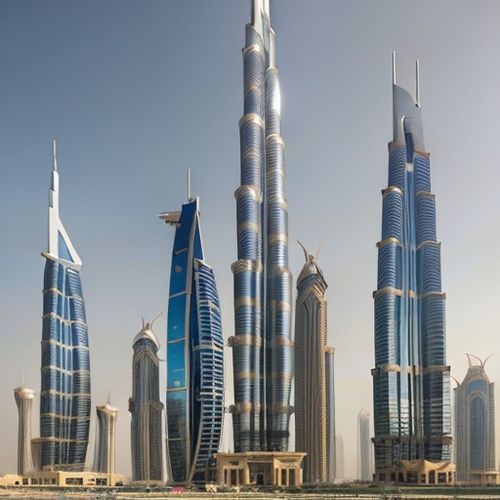
By Amanda Phillips/Apr 14, 2025
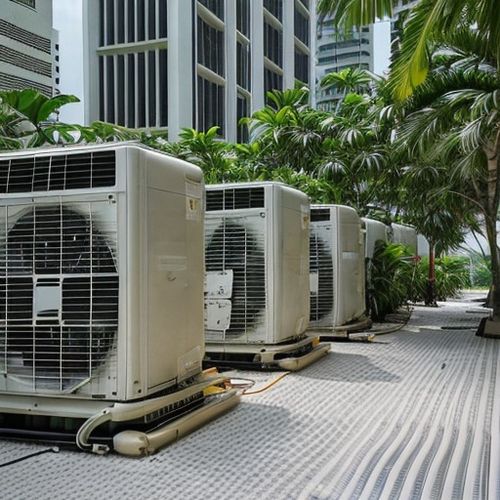
By Daniel Scott/Apr 14, 2025
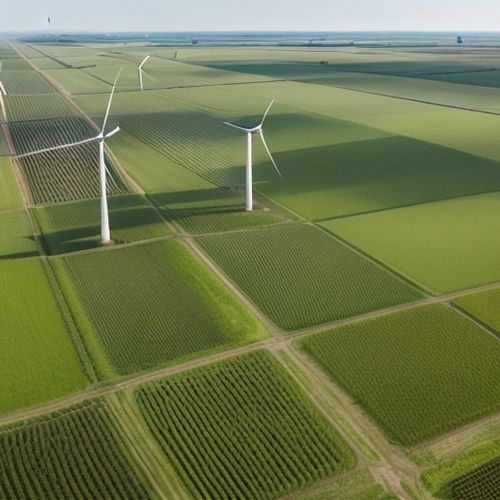
By John Smith/Apr 14, 2025
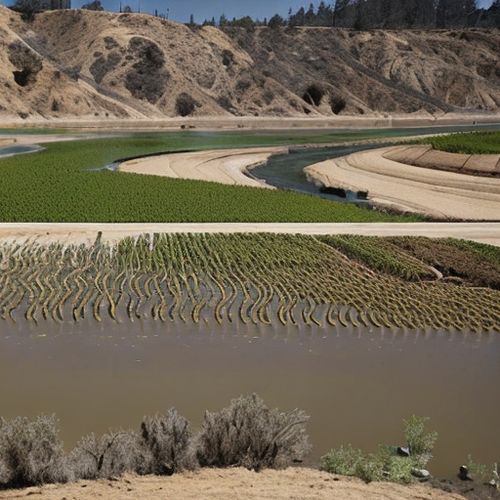
By Amanda Phillips/Apr 14, 2025
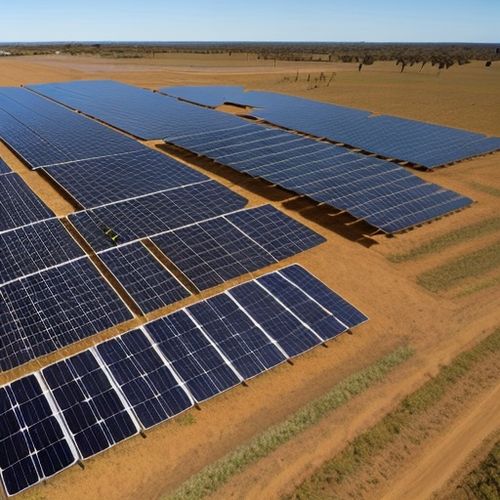
By Christopher Harris/Apr 14, 2025

By Eric Ward/Apr 14, 2025

By Eric Ward/Apr 14, 2025
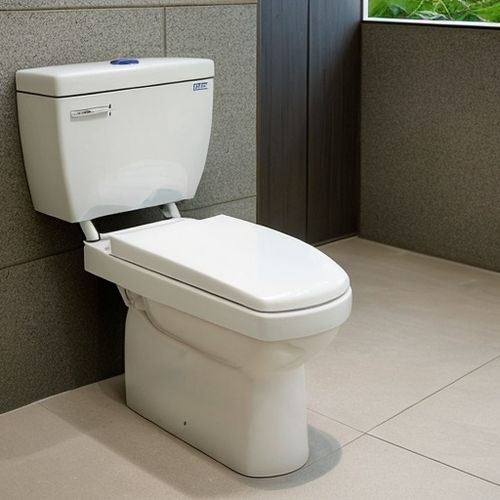
By David Anderson/Apr 14, 2025
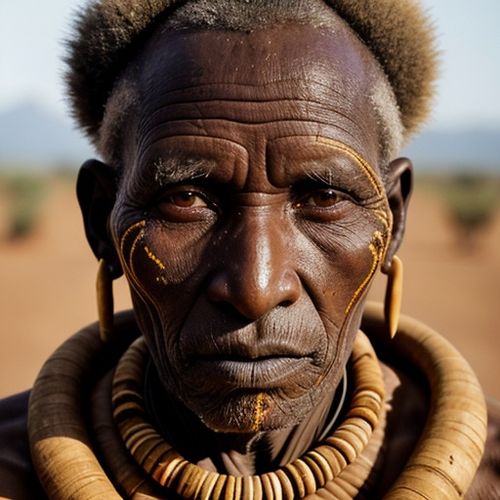
By Thomas Roberts/Apr 14, 2025
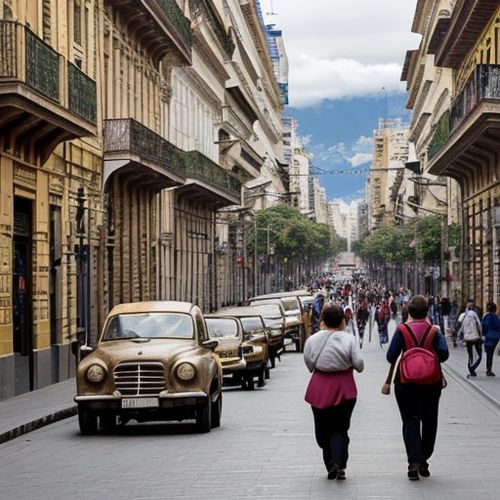
By Grace Cox/Apr 14, 2025

By George Bailey/Apr 14, 2025

By Ryan Martin/Apr 14, 2025
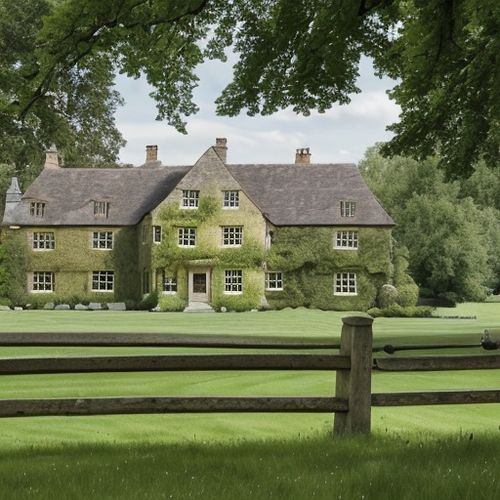
By Thomas Roberts/Apr 14, 2025
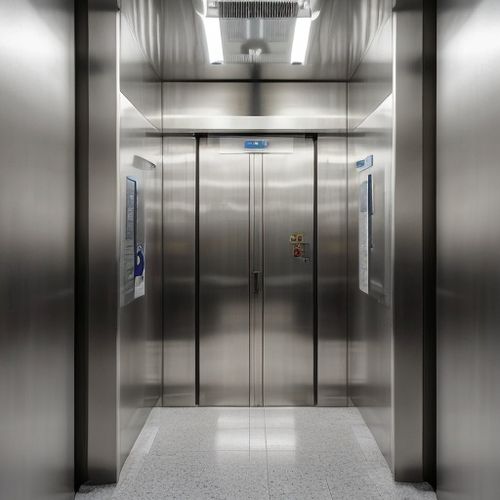
By Samuel Cooper/Apr 14, 2025
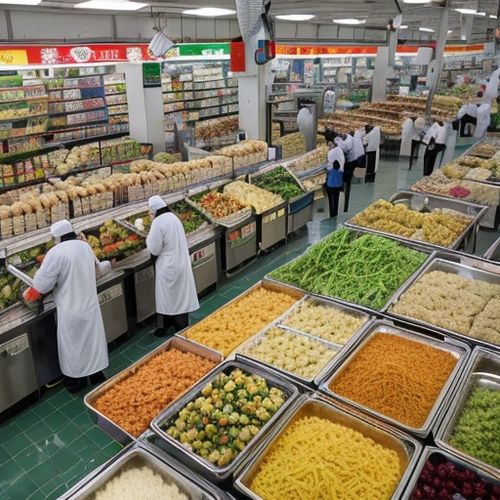
By Rebecca Stewart/Apr 14, 2025